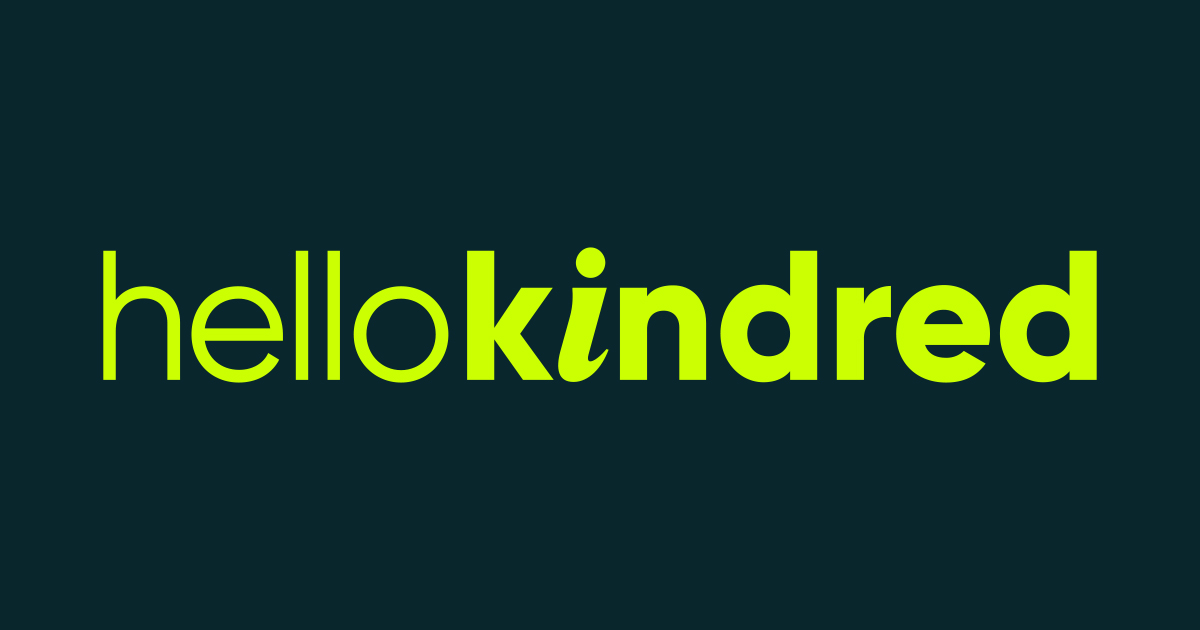Walk the talk – Accountability programs for Diversity, Equity, & Inclusion work
25 Feb 2022

Corporate America has been talking about DEI for decades. But we still have some way to go:
- As of 2018, the S Bureau of Labor Statistics (BLS) reports 78% of the nation’s workforce is white.
- Quantum Workplace’s Diversity and Inclusion in the Workplace report suggest 75% of employees from under-represented backgrounds don’t feel they’ve personally benefited from diversity programs.
One reason for this disconnect is from a lack of accountability programs to hold employers to their DEI claims.
Turning Tables
Until now, the power dynamics in the job market have mainly favored employers. They had the luxury to sift through talent. Jobs were scarce, and talent was plentiful. Employees had to prove their eligibility and worthiness for openings and were often made to go above and beyond to get in front of hiring committees.
But then came the pandemic. And the accompanying mainstream shift to distributed teams and remote work. As the world locked down, the job market opened. Talent became highly sought. And job openings multiplied.
In search of more meaningful careers, according to the Society for Human Resource Management, workers ditched jobs in record numbers, with an average of more than 3.95 million workers quitting their jobs each month in 2021.
The fierce talent competition turned the power dynamics in favor of employees. Now, job seekers are the actual recruiters. They assess a brand’s social presence. They assess the business’s approach to social responsibility. They read reviews about fair practices and treatment from previous employees, clients, and other applicants.
Vendors and service providers are also following this moving trend. As a result, the entire recruiting field is changing and choosing the right digital staffing agency is more important than ever.
The Rise of Accountability Partners
In recent years, there’s been a rise of organizations and influencers who hold firms and public institutions accountable. These independent bodies check and validate companies’ DEI initiatives against the claims in their manifestos.
And then, there are organizations like the Black Marketers Association of America (BMAA). BMAA was founded in 2017 to serve Black marketers and the entire marketing industry.
Our Experience Working with BMAA
Over the last year, we worked to secure a Gold-level partnership with BMAA.
The vetting process was thorough. It was an excellent chance for us to demonstrate our commitment to DEI, and to act on our strategic plans of building a smarter, more responsible business in attracting, recruiting, and retaining diverse talent. As part of the vetting process, BMAA asked that we supply our DEI strategy and policy, to confirm that we have established remote work policies, and overall to show that DEI is a key corporate initiative.
Equally important, BMAA asked for proof of the internal communications sent to our workforce highlighting our commitment to, and responsibility for, DEI. Sending an internal memo to the organization was always our intent, but with an expanded audience of BMAA regulators, we became more mindful of our words and the wider impact of our message.
Rightfully so, BMAA not only held us accountable, but through their screening process, they helped us become more conscious and aware of the impact of our words.
What this latter requirement taught us was how messaging has the power to go beyond intention. Messaging is a marker of agency, of safety, and signals trust to our employees that we are serious and committed to DEI. The timing of our messaging also acted as the launching point of our wider DEI strategic plans and initiatives. Once staff were officially made aware of our plans and intentions, it was go time to put all the work into action.
We experienced similar levels of rigor with organizations like Canada’s LGBT+ Chamber of Commerce while applying to their Certified Supplier program to be recognized as an LGBTQ2+ owned business.
The experience was no different when we applied to become certified as a minority business owner with the Canadian Aboriginal and Minority Supplier Council.
Each organization had a unique process. But they all had one thing in common: holding businesses accountable for who they claim to be and the work they portray.
3 Key Takeaways from Working with BMAA
One thing is true about learning—it’ll happen even when you don’t expect it. The process of securing the partnership with BMAA reminded us of a few key points:
- Communication is always serious business. Too many times, companies fall into complacency with their spoken or written word. But it’s vital to remember how profound and delicate words can be, especially when dealing with sensitive issues like DEI.
- DEI is more than just a trendy acronym. Every few years, the job market will see buzzwords come and go. While they’re the rave, some will pretend to care, just to appear in the know.
- Diversity, equity, and inclusion are real issues affecting real people. As individual entities and collectively, the decisions we make will impact the future of work for many.
Giving people voices, being considerate about our differences, and upholding fair treatment are humane ideals that we all need to revisit and enforce.
Accountability is a powerful tool. There are no standards without metrics. And DEI remains a hazy goal if no one enforces it. We’re grateful for entities like BMAA that hold organizations like ours to a definite standard of diversity and inclusion. In the few short weeks of working with BMAA, we’ve benefitted from their Resources page, particularly their selection of Black and Other minority stock photo sites. With their Gold Partnership, not only did we get a steady stream of qualified applicants for our open marketing and creative positions using their platform, but we also gained access to their marketing freelancer directory. As an agency that works with freelancers and contractors, this was an added bonus for our organization.




